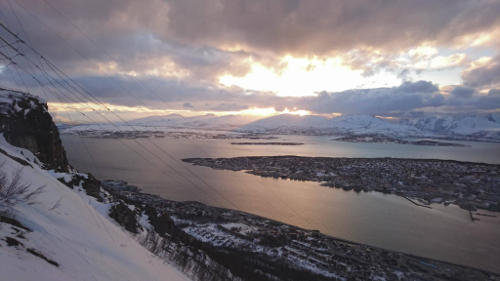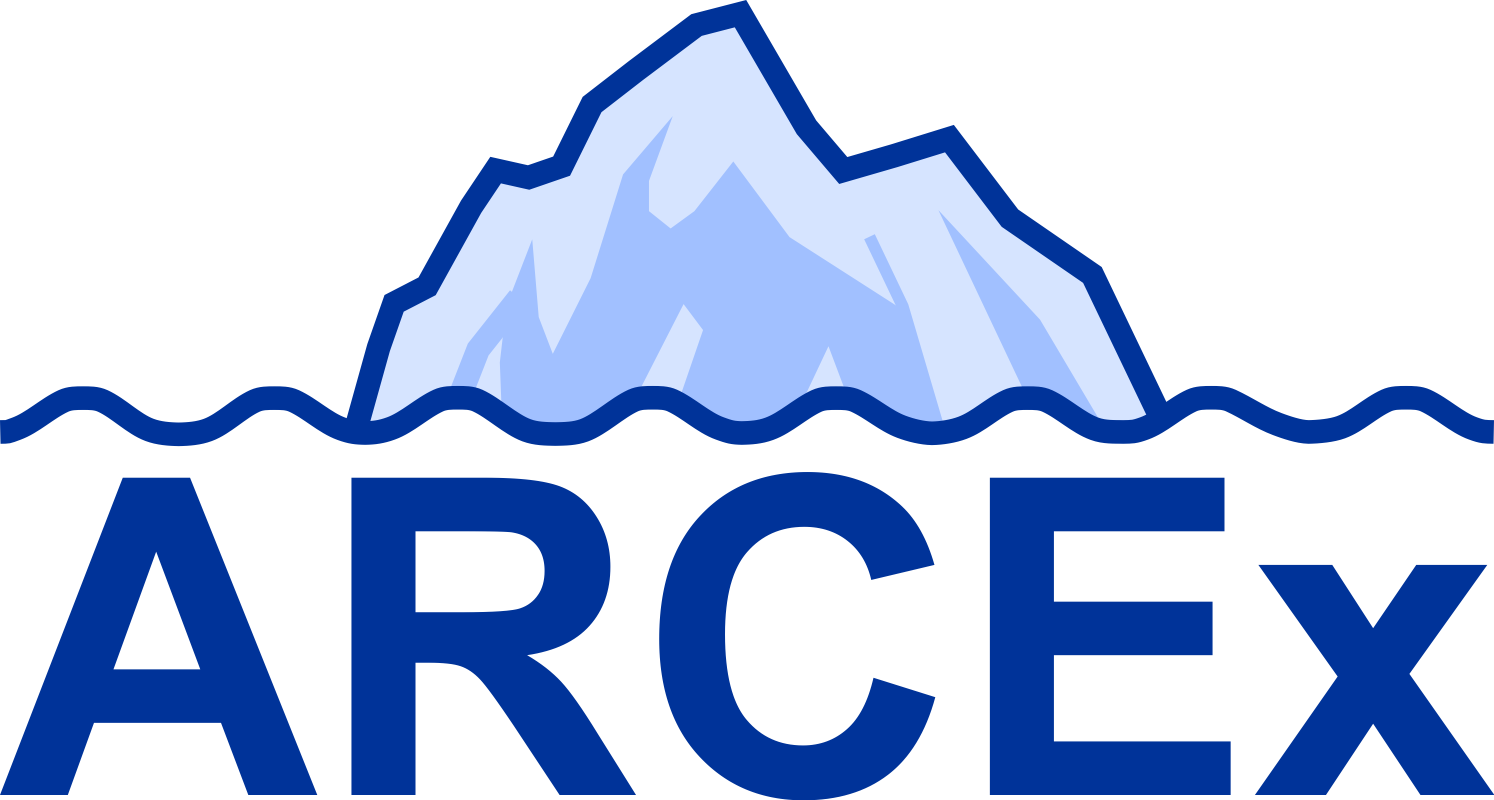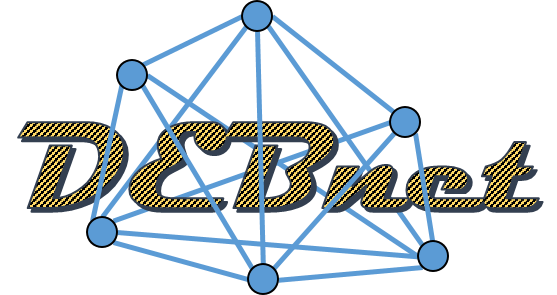Fifth international symposium on Dynamic Energy Budget theory: metabolic organization plays a role in planetary stewardship
May 31 - June 02 2017, Clarion Hotel The Edge, Tromsø, Norway

Planet earth is basically our life-support system as we need ecosystems for the very water, food and air that we breathe. That is why it can be said that eco-systems provide regulating, provisional, cultural, and economical services. Life, and so metabolic organization, plays a key role in these services. The theory for metabolic organization is the science which allows quantifying and understanding that role. The dynamic energy budget (DEB) theory is the best tested quantitative theory on metabolic organization. It has been developed over the last 38 years after giving birth to modern day risk assessment in 1979. Some 500 papers have been published on diverse applications in waste water management, environmental risk assessment, human health, and more. Advances in research and developments of DEB theory will be presented at this symposium.
Description of the 5th symposium in Tromsø

DEB symposiums are international researcher conferences that are arranged on a regular, rotating basis between different countries. They are hosted by different nodes of the DEBnet: international network of expertise on Dynamic Energy Budgets. The first one was held in 2009 to celebrate 30 years of research in metabolic organization. The most northern DEB node, here in Tromsø is now proud to host the 2017 event. This symposium aims at:
- Mixing researchers in biology, mathematics, engineering, chemistry, and physics to solve biological/ecological problems;
- Introducing the DEBnet to the arctic research community in Norway (e.g. ARCTOS, ARCex) and bringing international expertise in modelling biological systems to Norway
- Introducing new challenging problems where mathematical analysis is used for solving ecological questions.
- Stimulating biological research in physics style, using explicit mechanistic assumptions, rather than descriptions and to think about implications of these assumptions for new situations (which were possibly never studied before).
- Creating a platform for lectures who followed a previous DEB course to present results they obtained since then, but orals will not be constrained by this.
- Bringing in fresh ideas into the DEB community by inviting some keynote speakers outside the DEB community.
- Maximizing the broadness of scope of DEB applications via selection of oral presentations, and offering this to participants of the DEB course by integrating the symposium into the course. The international 8-day workshop on DEB modelling in Tromsø, that follows the 5-week tele part, is organized directly prior to the symposium.
The international symposium will have five keynotes speakers and 30 contributed talks and also posters.
Venue
The international symposium will take place at the Clarion Hotel The Edge.Special Issue
In the context of this symposium we are organising a special issue in the Journal of sea research. You can read more here .References
[1] T. Sousa, T. Domingos, and S. A. L. M. Kooijman. From empirical patterns to theory: A formal metabolic theory of life. Phil. Trans. R. Soc. B, 363:2453-2464, 2008This event is supported by the Norwegian Science NFR 268237, which takes place connection with the the MARINFORSK project "FRamework for integrating Eco-physiological and Ecotoxicological data into marine ecosystem-based management tools" (NFR 255295). The symposium also is supported through “ARCEx – The Research Centre for ARCtic Petroleum Exploration” funded by the Research Council of Norway (Project #228107)





